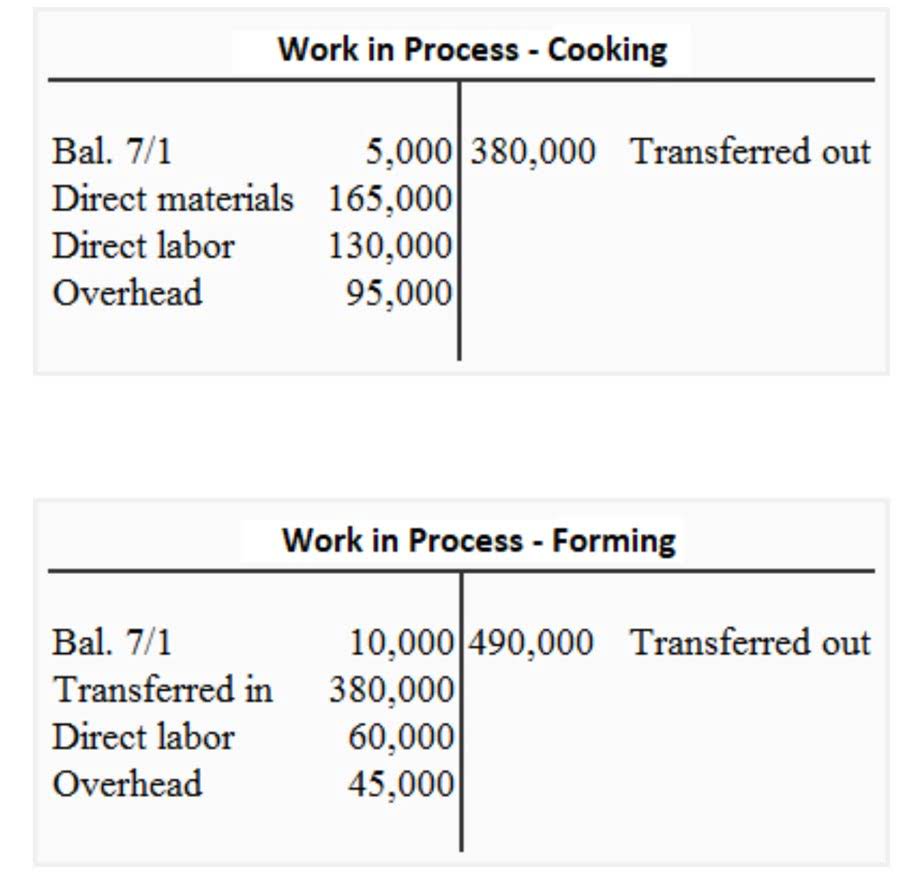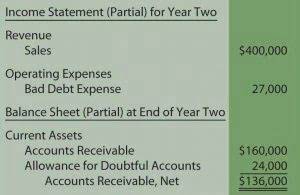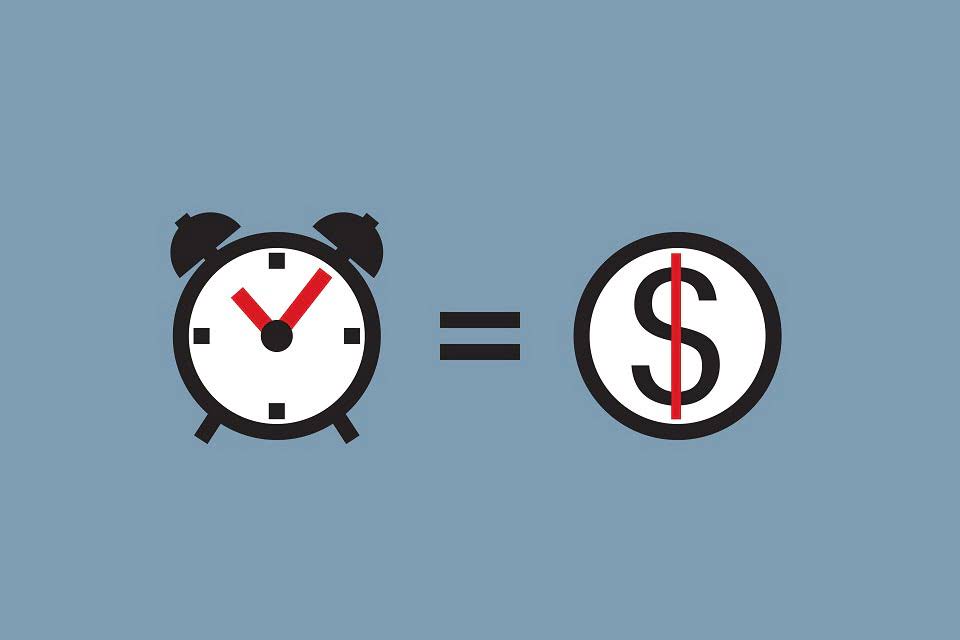
Salaries paid to employees, utility bills for electricity and water, and the cost is unearned rent a current liability of supplies used in operations are all examples of expenses. Unearned revenue represents payments that a business receives for goods and services that have not yet been delivered. The nature of unearned rent is a liability which the company owes to its client or customer in providing the rent. Likewise, recording the unearned rent as revenue will result of the overstatement of revenue on the income statement and the understatement of liabilities on the balance sheet.
Rent as an Operating Expense
Likewise, when the company receives the early cash payment for the rental service, it should record the cash received as unearned rent revenue in the journal entry. Subsequently, as the business delivers the goods or performs the services, it recognizes a portion of the unearned revenue as earned revenue. At this point, the unearned revenue (liability) account https://jillaniglass.com/wp/2025/05/05/bookkeeping-terms-a-small-business-reference-9/ is debited, decreasing the liability, and a corresponding revenue account (income) is credited, increasing the company’s reported income. This adjustment ensures that revenue is recognized only when the performance obligation is met, impacting the income statement. Unearned revenue typically appears on the balance sheet as a current liability if the obligation is expected to be fulfilled within one year.

Other Rent Related Liabilities
Properly managing and recognizing unearned revenue is crucial to maintain accurate financial statements, align with GAAP and IFRS standards. For businesses, this process not only helps in compliance but also provides insights into future revenue streams, giving stakeholders a clearer picture of financial health. Under the accrual basis of accounting, revenue should only be recognized when it is earned.
Recording Deferred Revenue in Accounting

For rental expense under the accrual method, when rent is paid ahead of schedule – which happens rather often – then the rent is recorded in the prepaid expenses account as an asset. This means that the buyer can receive supplies but pay for them at a later date. These invoices are recorded in accounts payable and act as a short-term loan from a vendor. By allowing a company time to pay off an invoice, the company can generate revenue from the sale of the supplies and manage its cash needs more effectively. This liability is recorded on the balance sheet until the payment is made, at which point the liability is reduced.


The revenue recognition principle, as outlined in GAAP and ASC 606, requires that revenue be recognized when it’s earned and realizable. Accrued revenue refers to the earned income for which the seller is yet to receive the payment. It means it is a confirmed revenue transaction but the buyer hasn’t Accounts Receivable Outsourcing made any payments.
Unlike typical revenue, which is recognized upon the sale of a good or completion of a service, deferred revenue is recorded as a liability on the balance sheet. Unearned revenue, also known as deferred revenue, represents payments a company receives for goods or services it has not yet delivered. Cash has been received upfront, but the company still has an obligation to provide value to the customer.
Related AccountingTools Courses
It’s important to understand what type of account is unearned revenue, especially when preparing financial statements. Recording and reporting unearned revenue require precision and adherence to accounting standards. Initially, unearned revenue is recorded as a liability when cash is received, reflecting the obligation to deliver goods or services. Some examples of unearned revenue include advance rent payments, annual subscriptions for a software license, and prepaid insurance. The recognition of deferred revenue is quite common for insurance companies and software as a service (SaaS) companies. Unearned revenue, sometimes referred to as deferred revenue, is payment received by a company from a customer for products or services that will be delivered at some point in the future.
- By understanding and accurately recording unearned revenue, businesses can better manage cash flow and service obligations to their customers.
- A liability represents an obligation to provide future economic benefits or services to another entity due to past transactions.
- This revenue is recognized on the income statement, reflecting the value of goods or services already provided to customers.
- Receiving payment before earning it creates an obligation to fulfill in the future, thus requiring the company to report it on the balance sheet as a liability.
- Deferred revenue is the opposite of accrued revenue, which is earned revenue that has not been received into the company’s bank account upfront.
- Current liabilities are listed on the balance sheet under the liabilities section and are paid out of the revenue generated by the operating activities of a company.
- In accounting, this is not recognized as revenue until the performance obligation is fulfilled.
Publishing and Prepaid Services
This involves maintaining records of transactions, monitoring obligations as they are fulfilled, and adjusting the balance sheet accordingly. Proper management ensures financial statements remain accurate and compliant with tax codes and financial regulations. Unearned revenue, also known as unearned income, deferred revenue, or deferred income, represents proceeds already collected but not yet earned. Following the accrual concept of accounting, unearned revenues are considered as liabilities.
Another type of rent-related liability is “deferred rent,” which occurs when rent payments are made in advance for future periods. This means the company received cash for rent but has not yet provided asset use, creating an obligation. Upon moving into an office, warehouse or apartment, a new tenant would typically pay the landlord the first and last months’ rent. Unearned revenue and asset accounts differ significantly in their roles in a company’s financial framework. Asset accounts represent resources owned by a company that can generate future economic benefits, while unearned revenue reflects obligations to deliver future goods or services.
